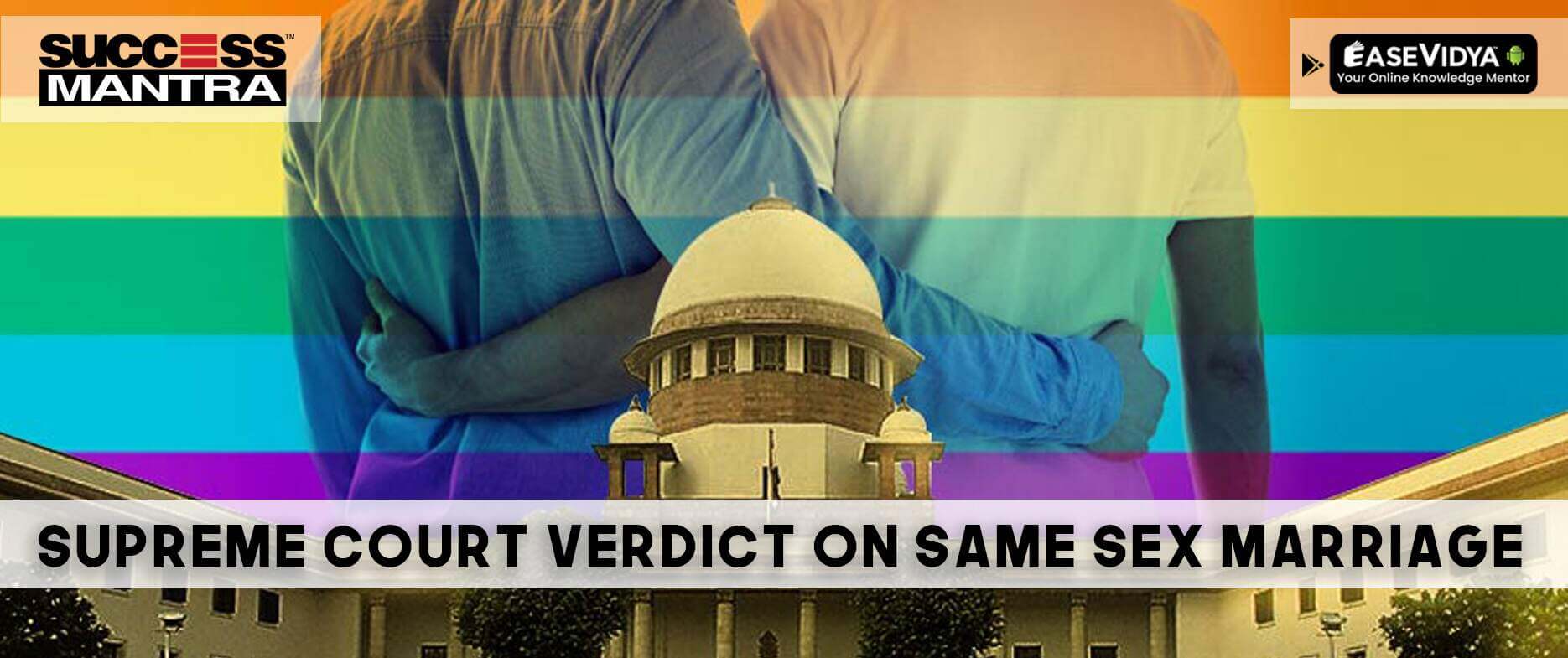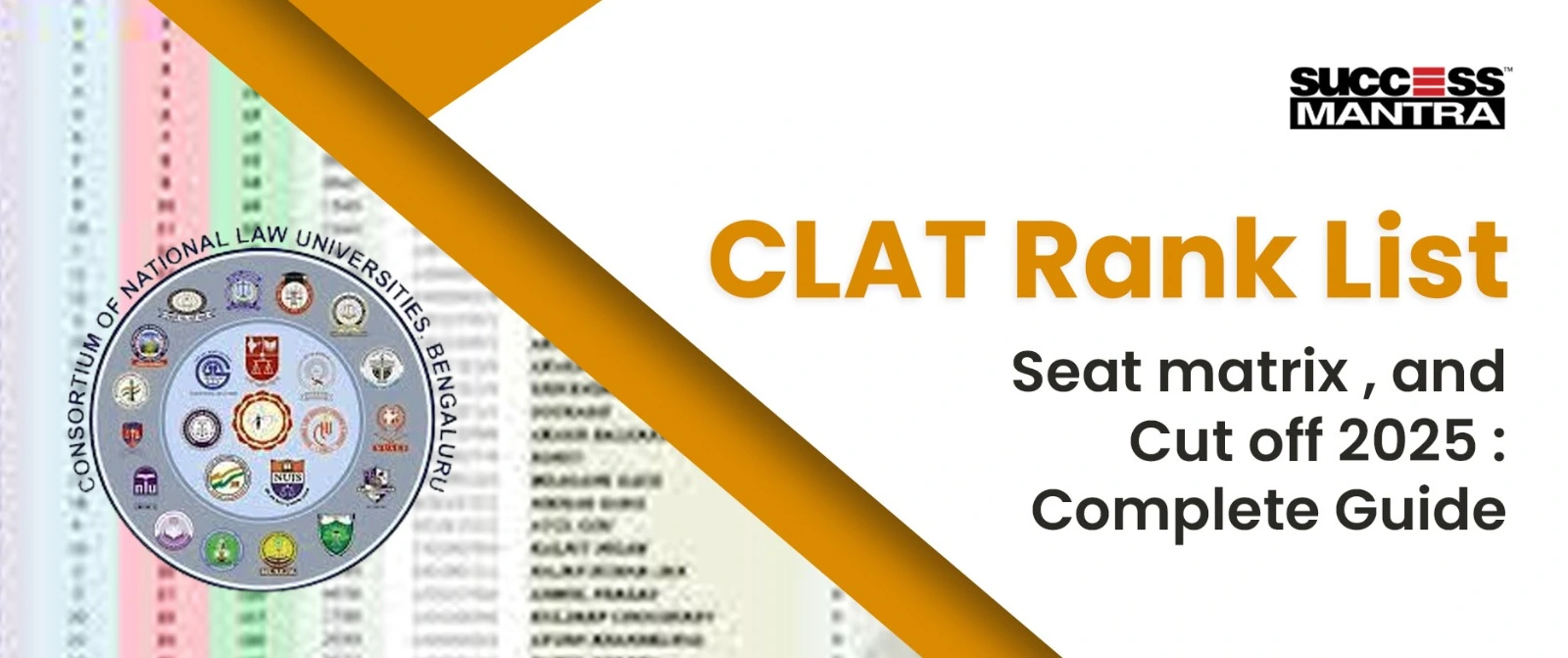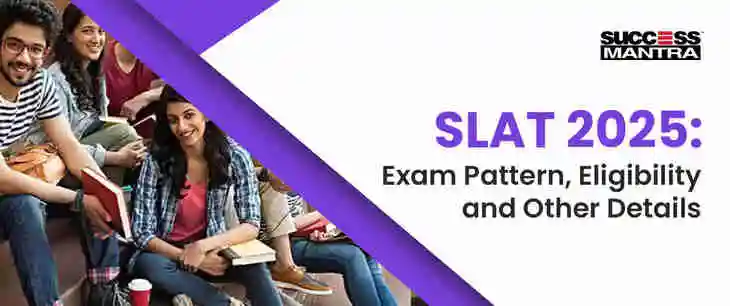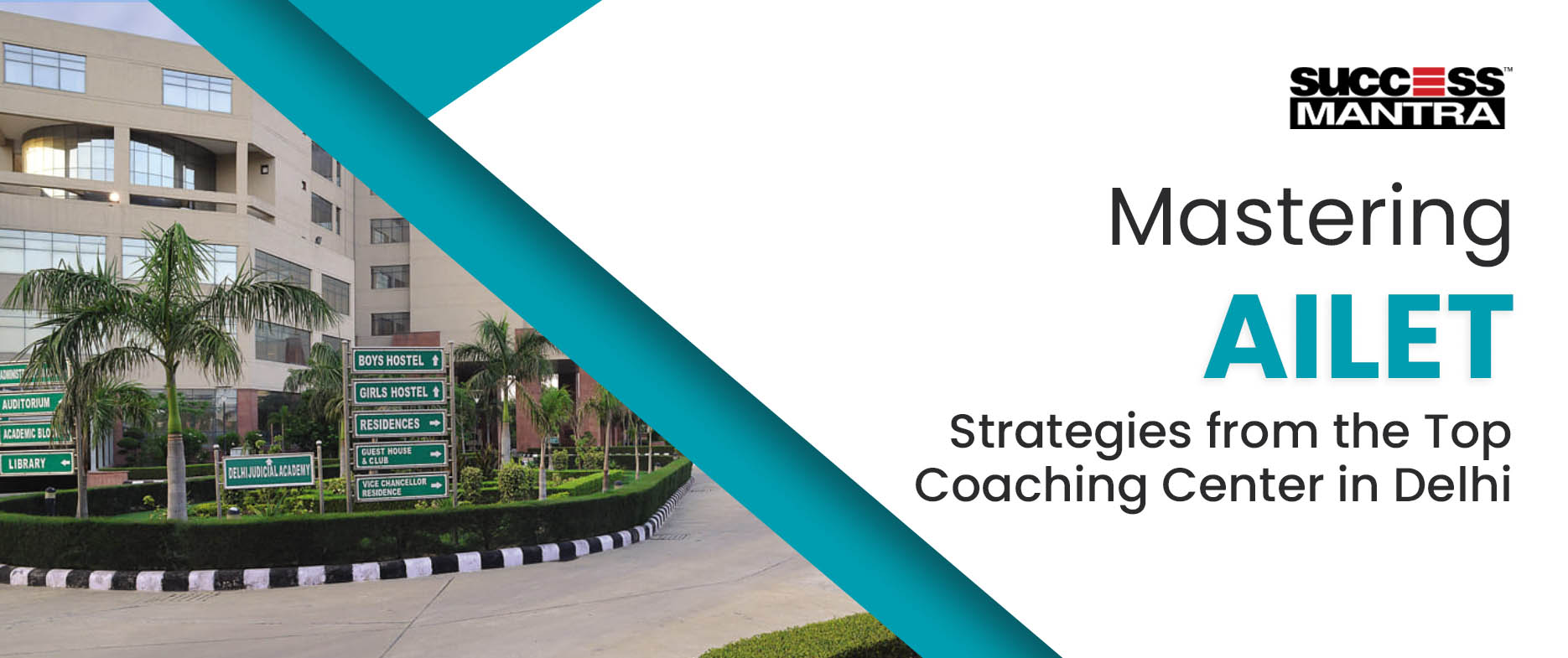
Same – Sex Marriage Verdict by Supreme Court
Same – Sex Marriage Verdict by Supreme Court
Judgement Overview
On October 17, a unanimous decision was made by a panel of five judges in India's Supreme Court, presided over by Chief Justice DY Chandrachud. They ruled against the legalization of same-sex marriage and also issued a 3:2 verdict against civil unions for non-heterosexual couples. The bench included Justices Sanjay Kishan Kaul, Ravindra Bhat, Hima Kohli, and PS Narasimha.
Chief Justice Chandrachud expressed that the matter should be determined by the Parliament, and both he and Justice Kaul advocated for civil unions for non-heterosexual couples. Chief Justice Chandrachud emphasized that the Supreme Court lacks the authority to invalidate provisions in the Special Marriage Act or reinterpret its wording. The petitions in question mainly focused on interpreting the Special Marriage Act in a manner that is gender-neutral. This act was created to facilitate marriages between individuals from different castes and faiths, and the petitioners sought a broader interpretation to encompass same-sex marriages.
The Special Marriage Act of 1954 includes provisions for civil marriage in India, applicable to all Indian nationals in foreign countries, regardless of their religious beliefs. When individuals marry under this law, their marriage is not subject to personal religious laws but falls under the jurisdiction of the Special Marriage Act.
This law enables individuals from different religious backgrounds to unite in matrimony. The Act outlines the procedures for both conducting and officially registering marriages, especially when one or both parties are not adherents of Hinduism, Buddhism, Jainism, or Sikhism. As a secular legislation, it plays a pivotal role in freeing individuals from traditional marriage requirements.
All five judges are in agreement that there is no inherent right to marry, and the court, by a majority decision, has ruled against legalizing same-sex marriage. The prevailing perspective is that the responsibility for permitting same-sex marriage should rest with the legislature. Justice Hima Kohli concurs with the viewpoint of Justice Ravindra Bhat, as does Justice Narasimha.
Chief Justice (CJI) and Justice Kaul, on the other hand, expressed support for the introduction of civil unions for non-heterosexual couples.
Regarding the bundle of rights that accompany legal marriage, including those related to inheritance and child adoption, Justice Bhat suggests that the government's high-powered committee should be responsible for making policy changes in this regard.
In the context of adoption, Justice Bhat holds a differing opinion from the CJI's stance on allowing non-heterosexual couples to jointly adopt. The CJI had argued that the Central Adoption Resource Authority's (CARA) guidelines discriminate against unconventional, unmarried couples looking to adopt children.
Justice Bhat emphasizes that his viewpoint should not be interpreted as preventing LGBTQ+ individuals from celebrating their commitment or relationship in any way they choose
There are four separate judgments in this case, authored by Chief Justice DY Chandrachud, Justice Kaul, Justice Bhat, and Justice Narasimha. Chief Justice Chandrachud, in his written opinion, does not agree with the government's position that the matter of same-sex marriage should be exclusively addressed by the Parliament and not the Supreme Court. He asserts that, "The doctrine of separation of powers should not obstruct the protection of fundamental rights."
He also emphasizes in his opinion that "Queerness is not confined to urban or elite demographics." This statement contrasts with the Supreme Court's previous statement from April, where it noted the absence of government data supporting the contention that the petitions for legal recognition of same-sex marriages were based on "mere urban elitist views aimed at social acceptance."
During the hearings in the Supreme Court earlier this year, the government challenged the admissibility of the petitions and the judiciary's authority to grant legal recognition to the "socio-legal institution" of marriage. The Chief Justice clarified at that time that the focus of the hearing would be limited to developing a concept of a "civil union" that could be legally acknowledged under the Special Marriage Act.
Arguments in favour of Same - Sex Marriage
Refusing to acknowledge same-sex marriage constitutes a form of discrimination that fundamentally undermines the dignity of LBTQIA+ couples. The Chief Justice of India (CJI) recognized that the right to cohabit is a fundamental one, and it is the government's responsibility to grant legal recognition to the societal significance of these partnerships.
The Supreme Court of India has affirmed that biological gender is not a fixed and absolute concept, emphasizing that gender is more intricate than one's physical characteristics or genitals alone. There exists no rigid definition of what makes someone a man or a woman.
Arguments against Same – Sex Marriage
Numerous religious and cultural groups maintain the view that marriage should exclusively involve a man and a woman. They contend that altering the traditional definition of marriage contradicts the fundamental tenets of their faith and cultural values.
Some individuals assert that the primary purpose of marriage is procreation, and since same-sex couples cannot naturally have biological children, they argue that permitting same-sex marriage disrupts the natural order.
Concerns about legal complexities have been raised regarding the legalization of same-sex marriage, including matters related to inheritance, taxation, and property rights. Some argue that the extensive legal changes required to accommodate same-sex marriage would be too challenging to implement.
There are concerns regarding the adoption of children by queer couples, as it may lead to societal prejudice, discrimination, and adverse effects on the emotional and psychological well-being of the child. This is especially relevant in societies like India where acceptance of the LGBTQIA+ community is not universally embraced.
Conclusion
In order to legalize Same – Sex marriage awareness is needed to be made; campaigns need to be run. An open and intellectual conversation should be held with the religious leaders. The parliament need to look into the laws and amend them.
















Robertbug
<a href=https://mega-market.sbs>mega ссылка</a> - мега onion ссылка, мега даркнет
Gordonruinc
<a href=https://blacksprut.support/>blacksprut darknet площадка</a> - блэкспрут даркнет сайт, рабочее зеркало blacksprut
LevetChumS
Сериал про космос - <a href=https://sg-video.ru>звездные врата онлайн</a>
Matthewtwele
<a href=https://gurava.ru/geoareas/51/%D0%9C%D0%B8%D0%BB%D0%BE%D1%81%D0%BB%D0%B0%D0%B2%D1%81%D0%BA%D0%B8%D0%B9?purpose_type=1>купить недвижимость вторичное Милославский район Рязанская область сайт Гурава</a>
DonaldPREDE
<a href=https://piterskie-zametki.ru/223763>Увеличение зарплаты главврачам премии за платные услуги - зайти</a>
Michaelbit
<a href=https://piterskie-zametki.ru/223939>Беседин Уотерс призывает спятивший мир к разговору с Россией - срочно</a>
melissa levy
Investment is one of the best ways to achieve financial freedom. For a beginner there are so many challenges you face. It's hard to know how to get started. Trading on the Cryptocurrency market has really been a life changer for me. I almost gave up on crypto at some point not until saw a recommendation on Elon musk successfully success story and I got a proficient trader/broker Mr Bernie Doran , he gave me all the information required to succeed in trading. I made more profit than I could ever imagine. I'm not here to converse much but to share my testimony; I have made total returns of $20,500.00 from an investment of just $2000.00 within 1 week. Thanks to Mr Bernie I'm really grateful,I have been able to make a great returns trading with his signals and strategies .I urge anyone interested in INVESTMENT to take bold step in investing in the Cryptocurrency Market, he can also help you recover your lost funds, you can reach him on WhatsApp : +1(424) 285-0682 or his Gmail : BERNIEDORANSIGNALS@GMAIL.COM tell him I referred you